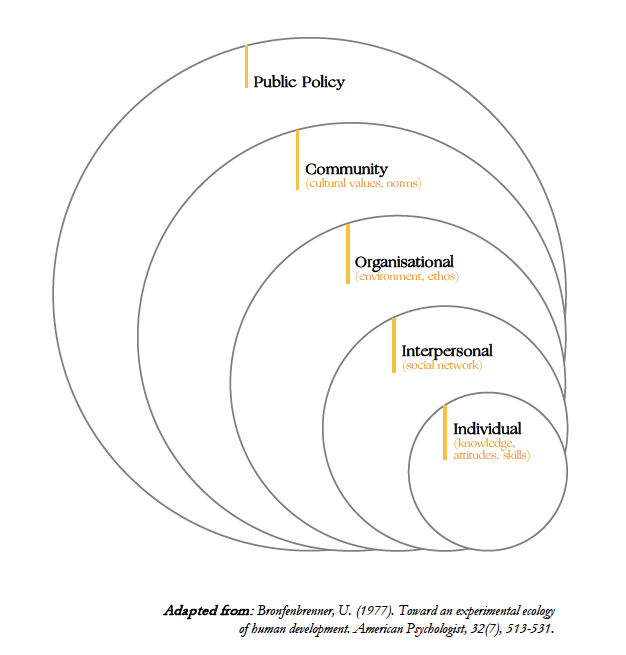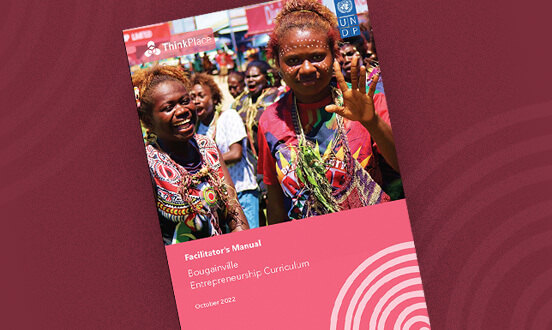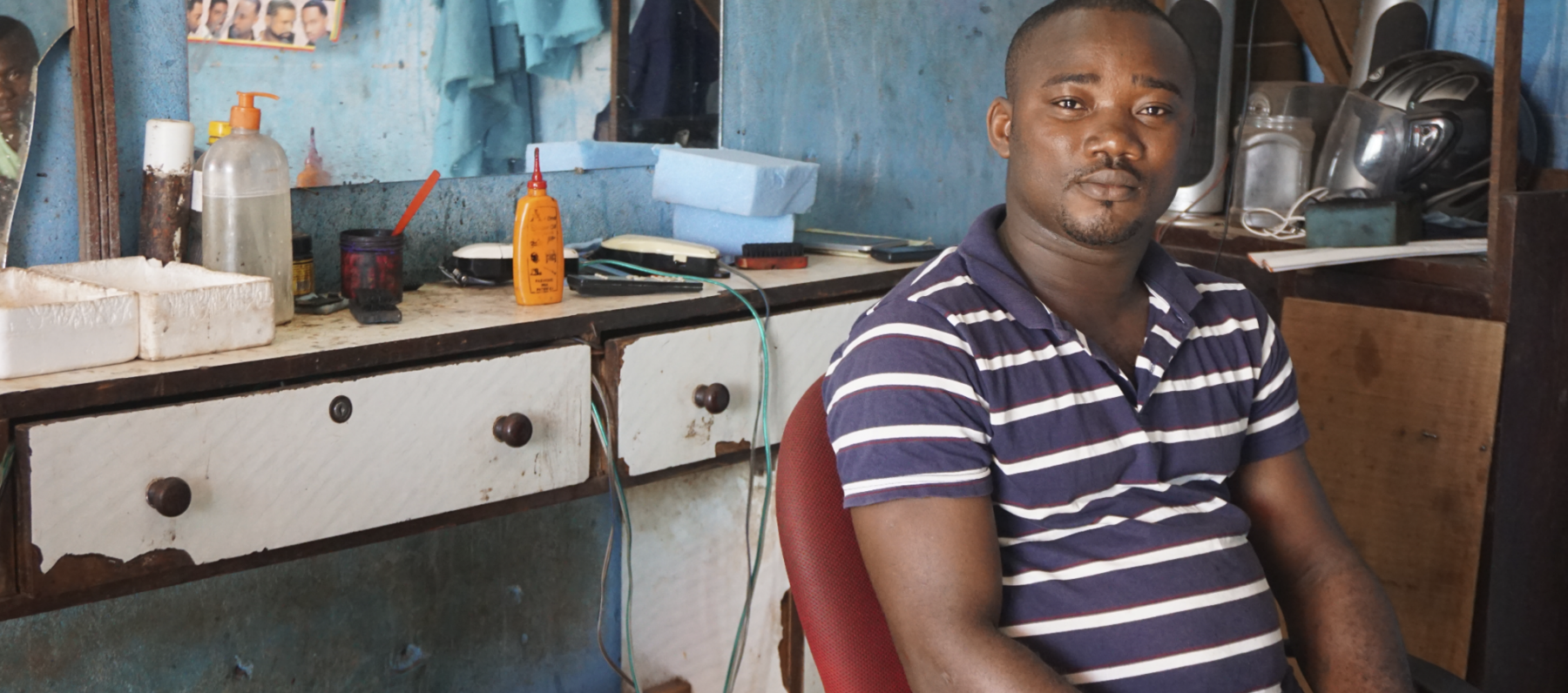AREAS OF IMPACT
STUDIO
The challenge
In Nigeria, 60% of people who menstruate, or more than 60 million people, cannot access or afford existing menstrual hygiene solutions such as sanitary pads. Nigeria is a rapidly emerging market yet there are significant barriers for these people finding solutions that work for them and their context.
The Bill & Melinda Gates Foundation through their Growth for Growth Private Partnerships strategy, wanted to identify opportunities to provide better access to affordable high-quality menstrual hygiene solutions for Nigerian people in the low-middle-income and low-income levels. It could make a significant difference in their lives, especially when it comes to accessing education, by some estimates, this equals as much as 20% of a given school year.
ThinkPlace was engaged as consumer intelligence and co-design experts to lead a deep ethnographic study of people who menstruate in Nigeria – what shapes and influences their menstrual health and hygiene experience and behaviours, identify opportunities to address barriers to the access and adoption of menstrual hygiene solutions.
The approach
The global COVID-19 pandemic presented a significant challenge to the design and delivery of the research. This required a creative and empathetic way to conduct the research safely and remotely. With the help of our global research team who worked around the world — and around the clock — we conducted the research on mobile devices. This method involved creating a community of people who engaged in the research via their mobile phone.
We used ThinkPlace’s leading-edge engagement platform, EnGauge, to engage 72 young Nigerian women across different age groups, locations and socio-economic groups. EnGauge is designed to send quests, ask questions, and then receive information back in real time from the participants. It allowed for a progressive story-telling process. For each week over a month participants received a new quest that gave them an opportunity to tell their everyday experience about their period, their life and the challenges they face in menstrual hygiene management. The information we received from the women was rich in imagery, stories and comments about their life, their world and what menstrual management means to them.
To uncover the insights for the project we applied the Social Ecological Model (SEM). The SEM provided framing to understand factors affecting menstrual hygiene management behaviour and helped present the dynamic interrelations among environmental factors, social, personal, and intrinsic factors. As the insights were generated these informed early identification of innovation opportunities. The findings were curated into empathy building tools such as consumer personas and journey maps to build a richer understanding of the consumer whom we are designing for, sharing and synthesising insights iteratively and in real time with the entire project team.

The impact
The findings of this research are now helping the Growth for Growth private partnerships to develop product solutions that will go beyond the product to address the real needs of their consumers and aim to provide safe, affordable, and quality menstrual hygiene solutions.
We do not just collect insights from participants, rather, we involve them in an ongoing, generative partnership, empowering them to be an active part of shaping their future and the world. We are moving them beyond research subjects to become true co-creators. By building communities of participants and activating responses with quests and missions, we were able to allow women who are often overlooked to have their say, using tools and platforms they feel comfortable with. These women could take their phones into situations and places they might never allow a researcher to follow. They could share a reflection that they might never reveal in a formal interview. This blend of qualitative and quantitative insights acts as a roadmap for authentic change.






